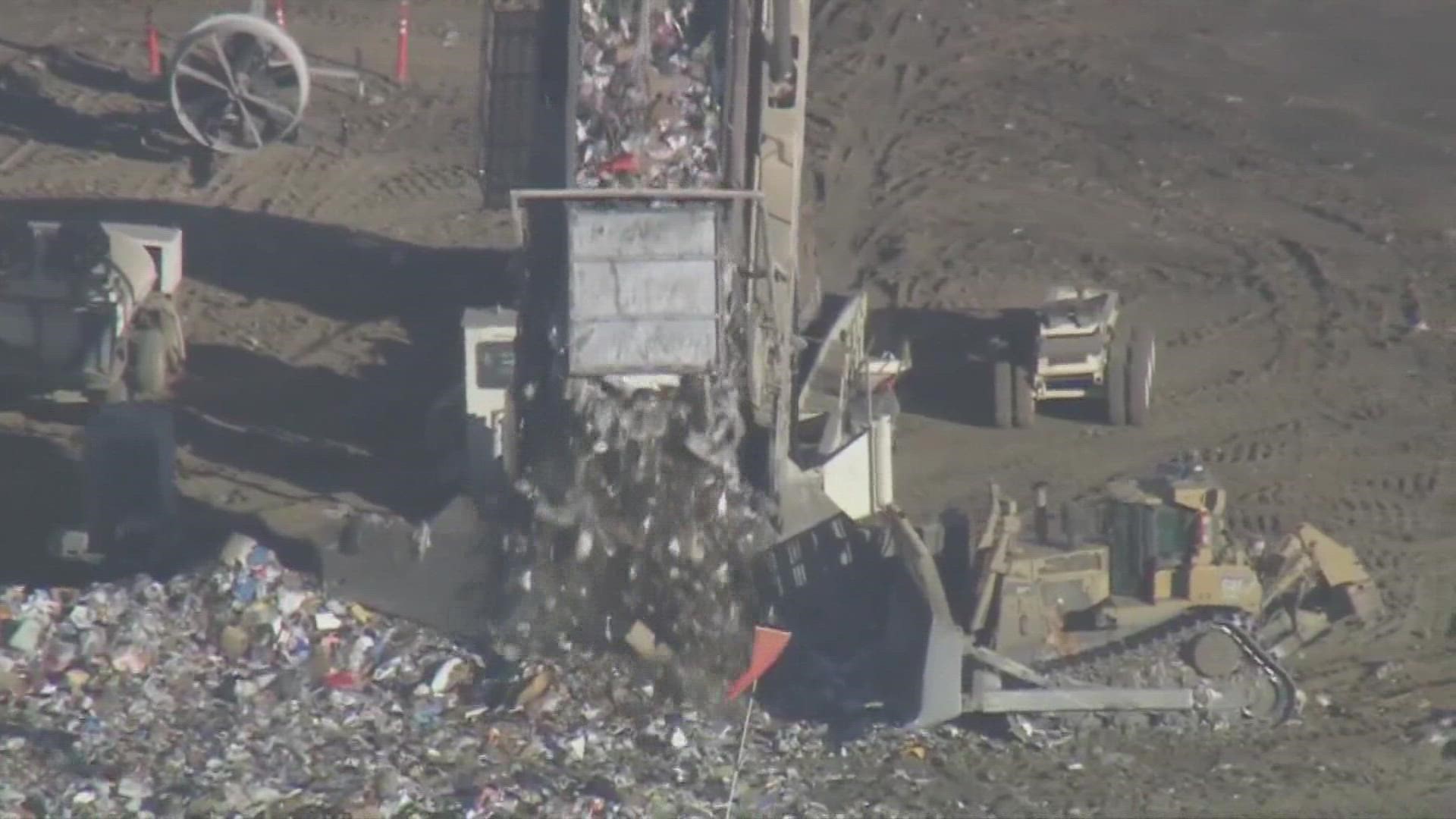KNOXVILLE, Tenn. — Around a third of all landfill waste is made up of food that could be instead be composted, made into fertilizer, or disposed of in more useful ways. The University of Tennessee Institute of Agriculture said Monday they got a $308,171 grant to help make sure less food waste ends up in landfills.
They said that reducing food waste can present several challenges to cities related to their policies, technologies and budgets. So, the Foundation for Food and Agriculture Researchers awarded the grant to help UTIA develop a food waste Decision Support System.
They said it would help city planners more easily evaluate opportunities to reduce waste and invest in new technologies. UTIA also got funds from Metro Nashville, Resource Capture, UT and the Urban Green Lab for a total $616,378 investment.
“Landfill waste creates many problems around land use, health and environmental concerns, especially in urban areas,” said John Reich, FFAR scientific program director. “This research is making it easier for communities to cut down landfill waste and reuse a significant portion of waste for beneficial purposes such as composting.”
In a release, UTIA warned that landfills would be full in less than a decade at current disposal rates. They also said that when food waste and organic matter are left in landfills, it can generate methane gas and increase greenhouse gas emissions.
With the DSS, leaders of many different cities will be able to find easier solutions. Part of the DSS involves UT researchers building a pilot composting facility, collecting data from it and conducting field trial composting.

